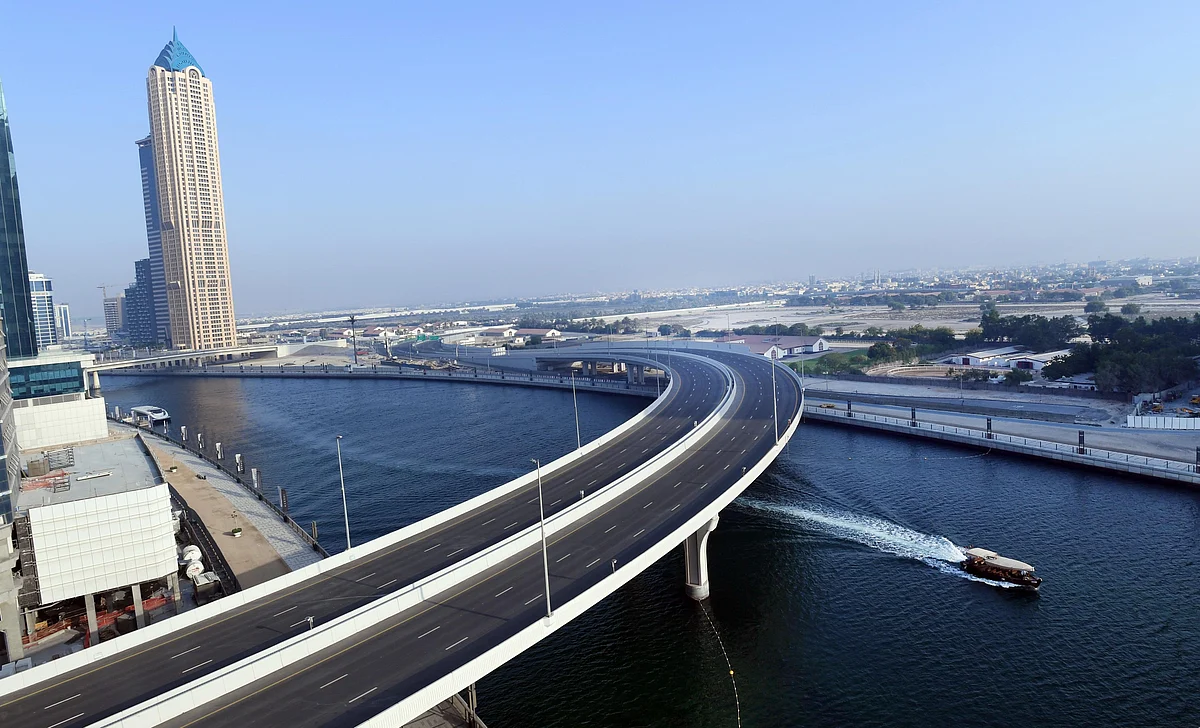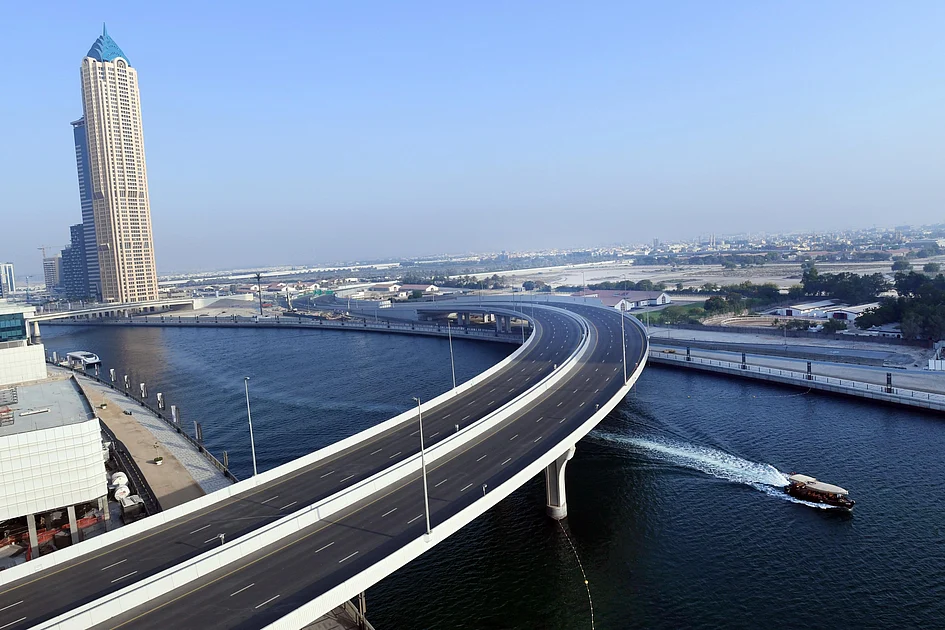
The UAE has been ranked the world’s most attractive destination for entrepreneurs in a new analysis by TASC Corporate Services, scoring 930 out of 1,000 and posting perfect 100 per cent scores for both business-friendliness and ecosystem support.
The study assessed 15 popular business set-up destinations across accessibility, affordability, business-friendliness and ecosystem support, with the UAE posting 17 perfect component scores and a 98 per cent accessibility mark.
The TASC findings amplify what independent global benchmarks have shown throughout 2025: the UAE is entrenched among the world’s most competitive economies and the top ecosystem in the Arab world for founders. The country placed among the top five globally in the IMD World Competitiveness Ranking 2025—scoring particularly strongly on economic performance, business efficiency and government efficiency—while also leading the Arab region for a ninth consecutive year.
Stay up to date with the latest news. Follow KT on WhatsApp Channels.
In entrepreneurship specifically, the UAE ranked No. 1 worldwide for the fourth consecutive year in the Global Entrepreneurship Monitor (GEM) 2024/2025 report, topping 11 of 13 indicators among high-income economies.
Policy architecture remains a decisive draw. Golden Visas offer five- or ten-year residency to investors, entrepreneurs and skilled talent, with family sponsorship and flexible travel rules; investor categories include real-estate ownership and qualifying business investments.
On taxation, the federal corporate tax is set at 9 per cent for taxable income above Dh 375,000, with a 0 per cent tier up to that threshold to support smaller businesses—while qualifying free-zone income continues to benefit from a 0 per cent rate under specific conditions. Large multinationals are also subject to a 15 per cent domestic top-up under the OECD global minimum tax framework from 2025, underscoring regulatory clarity for global groups.
Investment and start-up experts argue that beyond policy, the operating ecosystem is deepening. Dubai’s financial centre (DIFC) reported a 32 per cent jump in company registrations in H1 2025 to 1,081, lifting active firms to 7,700 and marking rapid expansion in hedge funds, asset managers and family offices. The Dubai Multi Commodities Centre (DMCC) now counts more than 26,000 member companies and remains a multi-award-winning free zone that contributes materially to the emirate’s FDI inflows.
Startup depth is broadening too: the UAE rose to 21st globally (No. 1 in the Arab world) in StartupBlink’s 2025 Global Startup Ecosystem Index; Dubai climbed to 44th among cities, while Abu Dhabi’s ecosystem posted one of the fastest growth rates worldwide.
The UAE’s positioning is also reinforced by smart-city and human-capital advances—Abu Dhabi ranked fifth globally in the IMD Smart City Index 2025—alongside steady gains in gender-equality metrics that broaden the future talent pipeline. With world-class logistics linking Asia, Europe and Africa, and more than 40 free zones offering sector-specific clusters, founders are finding rapid pathways from incorporation to scale.
TASC’s top-15 list also points founders to alternative pathways depending on strategy and budget. Latvia and Estonia score highly on affordability and EU access—Estonia’s e-Residency allows end-to-end company formation online at notably low entry cost—while the Netherlands offers a mature innovation ecosystem with a dedicated startup residence route. Canada remains compelling for those seeking a direct route to permanent residency via its Start-up Visa.
Regionally, Saudi Arabia’s tenth-place finish underlines the GCC’s rising appeal. The Kingdom permits 100 per cent foreign ownership across most sectors, has streamlined its investment licensing via the Ministry of Investment (MISA), and offers Premium Residency tracks tailored to investors, entrepreneurs and exceptional talent under Vision 2030. GEM has chronicled strong entrepreneurship momentum in the Kingdom, including high rates of early-stage activity and rising female entrepreneurship participation. For founders targeting the broader Middle East and North Africa, a UAE–Saudi dual-base strategy increasingly makes sense: scale and capital depth in the UAE, plus access to the Kingdom’s fast-growing domestic market and mega-project pipeline.
Significantly, the UAE’s proposition is not static; it continues to iterate on regulatory clarity and sectoral depth. “From venture-friendly financial services rules to specialised regimes in digital assets and advanced manufacturing, the ecosystem is adding layers that matter to scale-ups and global firms alike,” investment consultants maintain.
Free-zone frameworks preserve the headline advantages that initially attracted founders, while federal tax rules offer predictability compatible with international standards—a combination that underpins the UAE’s repeat wins across entrepreneurship and competitiveness indices.
Issac John is Managing Editor at Khaleej Times and has over 45 years of experience in top-tier newspapers across UAE. A seasoned business writer and economic analyst, he brings unmatched insight into the geopolitics and geoeconomics shaping the Gulf and India.


